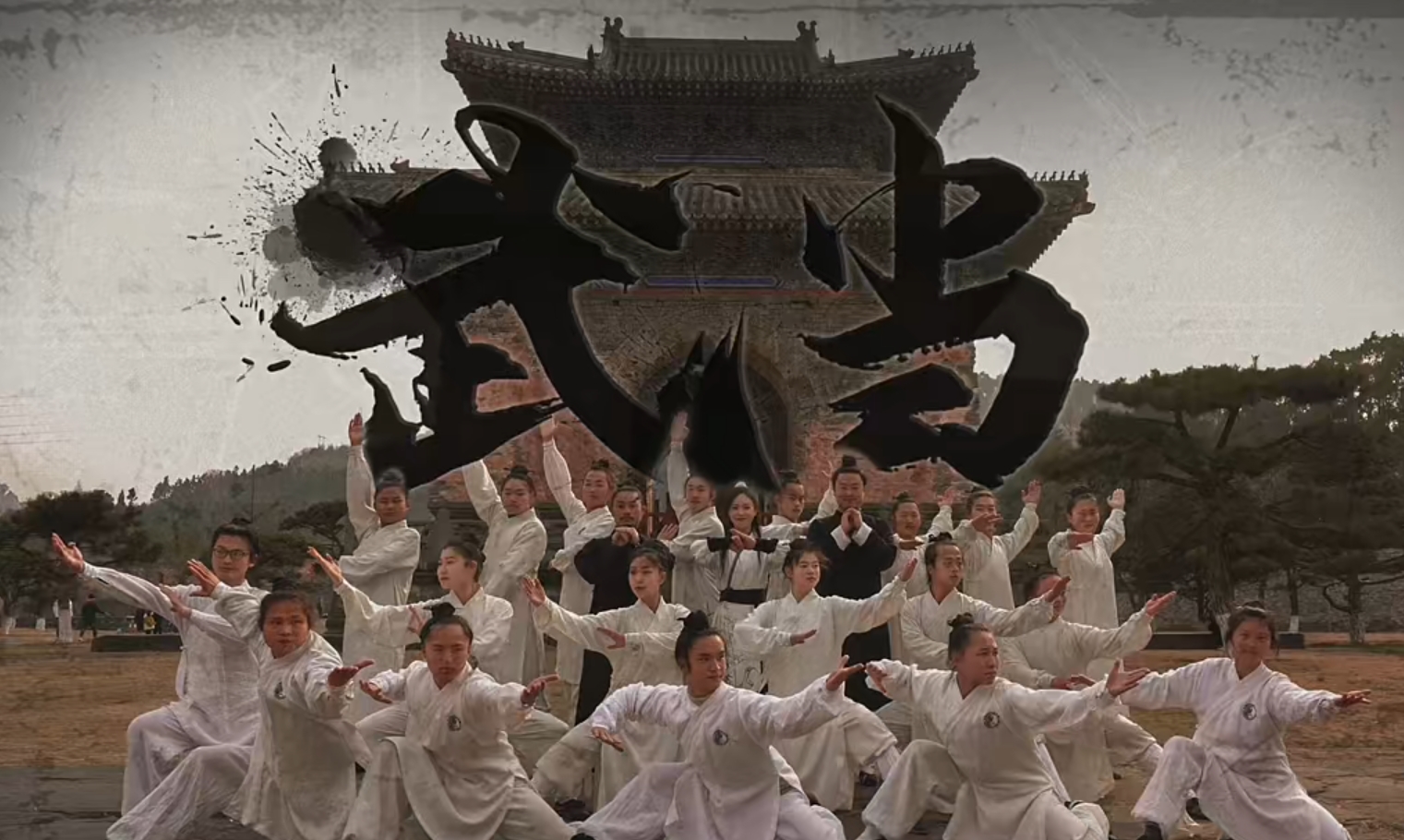Here are some aspects to consider regarding a “Taoist Traditional Chinese Studies Online Course (Beginner Level) – Video Course”:

I. Course Content
1. Philosophy Basics
• It may start with an introduction to Taoist philosophy, such as the concept of the Tao. The Tao is the fundamental principle in Taoism, representing the natural order of the universe. For example, students might learn about how Laozi described the Tao in the “Tao Te Ching” as something that is formless, yet gives rise to all things.
• Yin – Yang theory could also be covered. This theory explains the duality and interdependence in nature, like the balance between light and dark, male and female, etc.
2. Core Texts
• The “Tao Te Ching” would likely be a central text in the course. Students would study its verses, which contain profound wisdom on how to live in harmony with the Tao. For instance, verses about simplicity, humility, and non – action (wu wei).
• Other Taoist scriptures might also be introduced at a basic level, perhaps with explanations of their significance in the development of Taoist thought.
3. Rituals and Practices
• Basic Taoist rituals could be part of the curriculum. This might include understanding the purpose and symbolism of simple ceremonies, such as offerings to deities or ancestors.
• Meditation and breathing exercises, which are important in Taoist practice for cultivating inner peace and spiritual growth, may also be taught. For example, simple qigong exercises that are based on Taoist principles.
4. History and Development
• A brief overview of the history of Taoism in China, from its early origins to its development over different dynasties. This could involve learning about key figures in Taoist history, such as Zhang Daoling, who is considered the founder of the Way of the Celestial Masters, an important early Taoist sect.

II. Benefits of the Online Course
1. Convenience
• Students can learn at their own pace and schedule. They don’t have to adhere to a fixed classroom timetable. For example, they can watch the video lectures during their free time, whether it’s early in the morning or late at night.
• Accessible from anywhere with an internet connection. This is especially beneficial for people who live in areas where there are no local Taoist study institutions.
2. Visual Learning
• The video format allows for visual demonstrations. For example, in teaching Taoist meditation or qigong exercises, instructors can show the correct postures and movements, which is much more effective than just reading about them in a text.
• Visual aids such as animations or diagrams can be used to explain complex Taoist concepts like the flow of qi (vital energy) in the body or the structure of the Taoist cosmology.
3. Expert Instruction
• The course is likely taught by experienced Taoist scholars or practitioners. They can provide in – depth interpretations of Taoist texts and share their practical experiences in Taoist studies and practice.
III. Potential Challenges
1. Language and Terminology
• Taoist texts often use ancient Chinese language and specific terminology. For beginners, understanding these terms can be difficult. The course may need to provide detailed explanations and translations to help students overcome this barrier.
2. Cultural Context
• Taoism is deeply rooted in Chinese culture. Some concepts may be difficult to understand without a proper understanding of Chinese history, folklore, and traditional values. The course may need to spend some time on cultural background information to fully convey the essence of Taoist teachings.
3. Lack of Hands – on Practice Guidance
• Although video courses can show demonstrations, it may be difficult for students to get real – time feedback on their practice, especially for more complex Taoist practices like advanced meditation or qigong. This could potentially lead to incorrect practice if not self – corrected.
If you are interested in enrolling in such a course, you may want to research different providers to find one that best suits your needs in terms of course content, teaching quality, and price.







